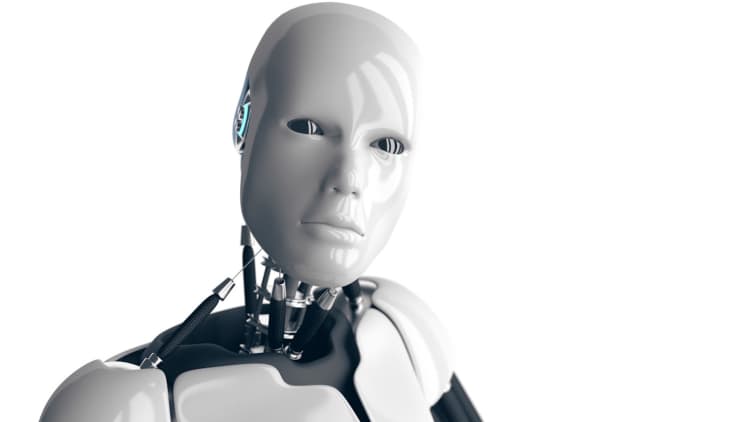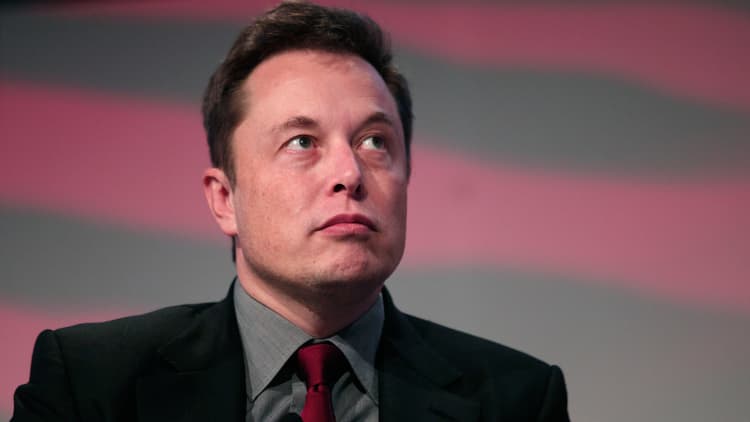Finland just rolled out a pilot program to test universal basic income, or UBI. And while the idea of regular cash handouts may sound tantalizing, out-of-work Americans shouldn't hold their breath.
The Scandinavian country announced yesterday that 2,000 randomly selected, unemployed individuals between the ages 25 and 58 will receive a monthly cash payment of 560 euros ($582.90) for two years.
The payments will continue even if the recipient finds work. The goal, according to the Finnish government, is to increase employment.
A privately funded pilot program is in the early stages in California, but the United States as a whole is well behind Finland in implementing any kind of guaranteed income.
"Finland is ahead of the U.S. in lot of progressive ideas," says Karl Widerquist, the founder of Basic Income News and an associate professor at SFS-Qatar, Georgetown University, in an email with CNBC.
"Finland already has universal health care. The next step is a universal right to a basic income. With Finland's more progressive politics, it's not surprising they're ahead of the U.S. in the movement for basic income," says Widerquist.
Taxes are higher in Finland, too, which makes it more feasible for the government to pay its citizens, Martin Ford, author of The New York Times-bestselling novel "Rise of the Robots: Technology and the Threat of a Jobless Future," tells CNBC. "They have the means to pay for a basic income by converting existing programs," he says.

Although unemployment benefits in Finland are generous, the way they're currently structured can, perversely, keep job-seekers from taking new positions.
"Many workers in Finland who used to have good jobs with Nokia, for example, are now unemployed. Lots of these people have skills and could try to start businesses or maybe work for another small business at lower pay. But the traditional unemployment program doesn't allow this. If they earn any money, they lose all their benefits," says Ford.
"So a basic income is a way to structure the safety net so that unemployed workers have an incentive to work to the extent they can, without the fear of losing their benefits."
It may be an empathy gap.Misha Chellamsignatory of the Economic Security Project
Also, while there are about 5.5 million people living in Finland, there are more than 320 million in the United States. Diversity in the U.S. makes it harder for some Americans to feel compassion for each other, suggests writer Misha Chellam, founder of the start-up training company Tradecraft. Chellam is also a signatory of the Economic Security Project, a newly founded research organization dedicated to learning more about the implications of UBI.
"It may be an empathy gap," says Chellam.
"Finland is a small, homogeneous country with less than six million people. This may make Finns more empathetic toward fellow Finns' struggles, as they share many cultural similarities. The sense of 'Americanness' can be a bit harder to pin down in a nation of almost 320 million people hailing from all parts of the world."

The U.S. will only adopt UBI if automation results in mass unemployment, Ford believes.
"I don't expect it to happen smoothly. I expect that, especially here in the United States, it's going to happen when we have a crisis. We will have a big problem first," he says.
Despite cultural resistance, Widerquist insists that cash handouts are a viable idea even in the U.S.
"Basic income works everywhere. We can all realize it. We just have to give up the belief that the rich should have the right to tell the poor what to do," he says.



